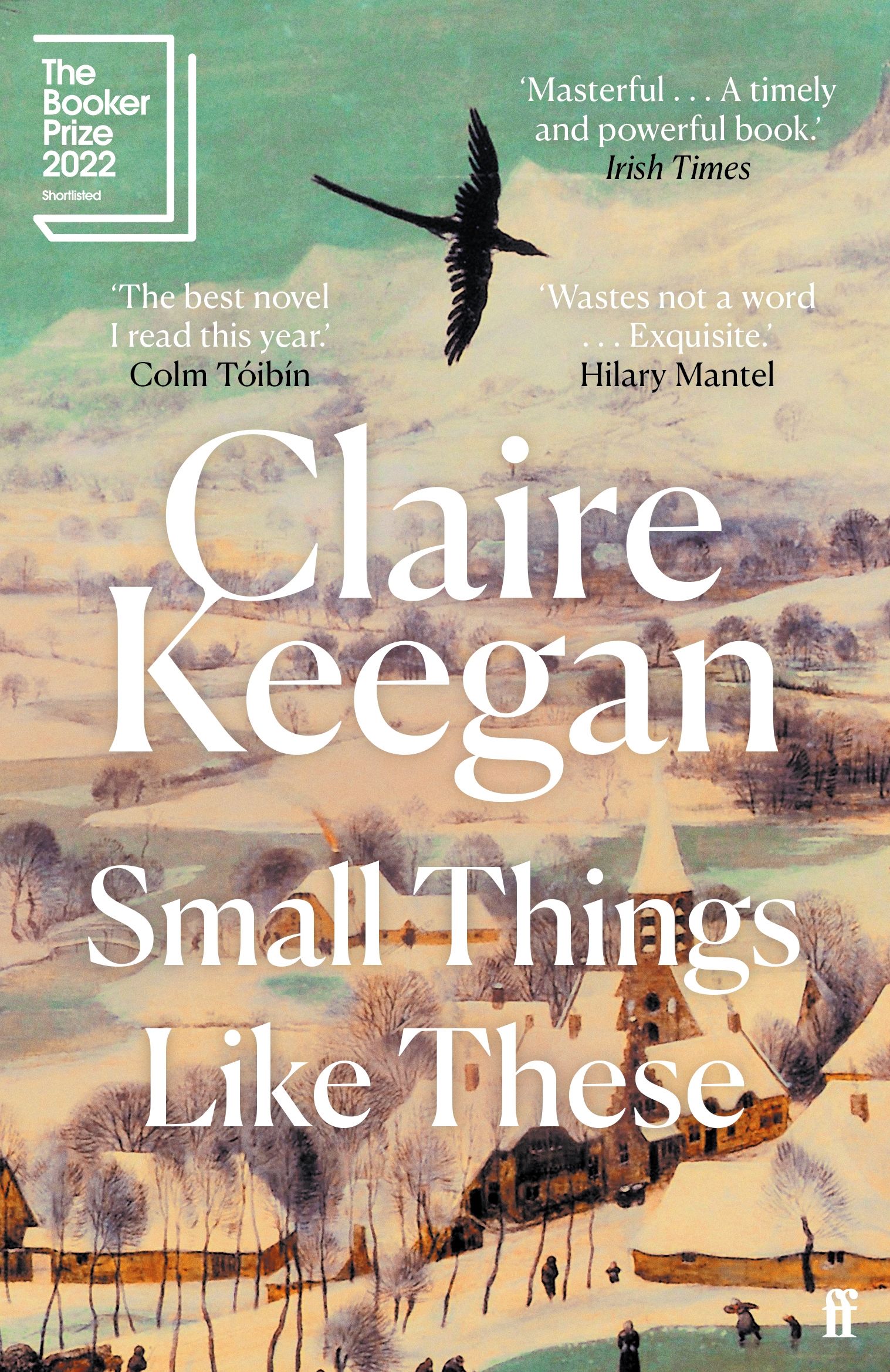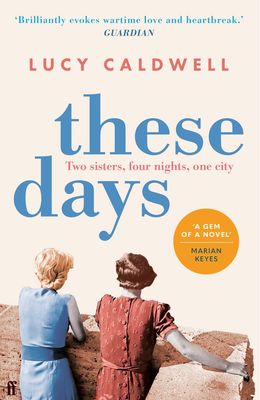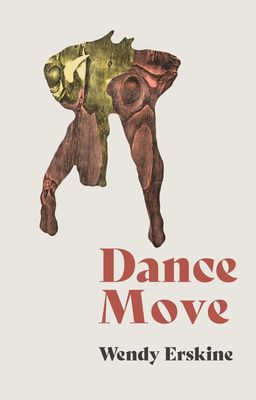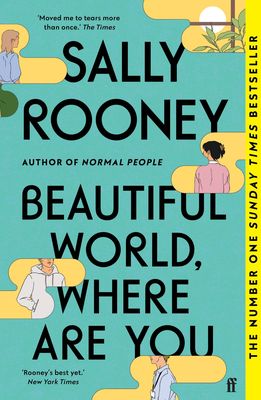Small Things Like These by Claire Keegan is published by Faber & Faber (RRP £7.49)
WITH prose as punchy as it is tender, Claire Keegan’s heartrending Yuletide tale regarding the Magdalene Laundries invites us to reflect: is “there any point in being alive without helping one another?”
Months from now, as the days grow shorter and colder, and your patience possibly wanes during the holiday rush, if nestled in your hands, once you pore over its blurb, and proceed to turn the first few pages of this book, you’ll realise that your respite has come in the form of Irish historical fiction intertwined with an intimate character study.
Keegan’s award-winning 2021 novella (The Kerry Group Irish Novel of the Year Award and the Orwell Prize for Political Fiction), currently being adapted for the ‘big-screen’ by Irish actor Cillian Murphy of Oppenheimer fame, opens with a dedication: “…to the women and children who suffered time in Ireland’s mother and baby homes and Magdalen[e] laundries” that were overseen and funded by the Catholic Church alongside the Irish state.
Set in 1985, in the busy run-up to Christmas, it is through the day-to-day experiences of respected coal and timber merchant Bill Furlong, as he makes his deliveries throughout the town of New Ross, County Wexford, that Keegan unravels the web of complicity, hypocrisy and hegemony bound by public silence that prolonged the incarceration of at least 10,000 women between 1922-1996 (with estimations reaching 30,000). These women were committed by family members, the church, or the state for various reasons; from abuse and illness to motherhood out of wedlock.
Claire Keegan Photo by Fréderic Stucin
Following his harrowing first-hand encounters with the rumoured “girls of low character” residing in the sinister Good Shepherd nuns’ convent on the town’s outskirts, Furlong begins to comprehend the severity of the Church’s treatment of the women. Imprisoned, grey shift-clad and shoeless, they labour as an act of “penance”.
A working-class husband and father of five girls, making ends meet in the midst of economic crisis, it “would be the easiest thing in the world to lose everything”. However, unashamedly compassionate and charitable in nature, his discovery of a girl desperate for any news of the infant child ripped from her arms, resonates deeply with the protagonist – his own mother having given birth to him as an unmarried teenager. Fortunately, she had avoided a fate of incarceration thanks to the support of her employer, the warm-hearted Protestant widow Mrs Wilson.
Now prompted to re-evaluate his moral compass, Furlong grapples with the courage to do what is right at the cost of self-preservation and his family’s wellbeing. Within this town governed by the Church powers that be, Furlong contemplates the ‘small’ daily acts of kindness that, without reward, are life’s very essence.
In her writing Keegan evokes a rural tableau vivant; a socio-politically static sphere brimming with details and secrets. The economical dialogue through which these secrets are revealed/alluded to is imbued with a poignancy and verisimilitude that further heightens the communal inertia and the uncertainty of our unlikely hero’s fate.
With explicit references to Charles Dickens’ A Christmas Carol, unsurprisingly the common consensus amongst readers and critics is that Keegan’s novella is a modern counterpart to the moralistic Victorian holiday classic. Indeed, Furlong could be interpreted as a composite of Scrooge and beloved father Bob Cratchit; a sentimental family man finally forgoing the bliss of ignorance in order to enact change as an altruistic social actor.
Similarly to Dickens, who was famously opposed to the total neglect of human rights in workhouses, Keegan highlights the state’s failure to safeguard individual liberty in a wise tale that exemplifies the price of justice, truth and selflessness.
Like its spiritual predecessor, this is a worthy addition to the literary canon.






